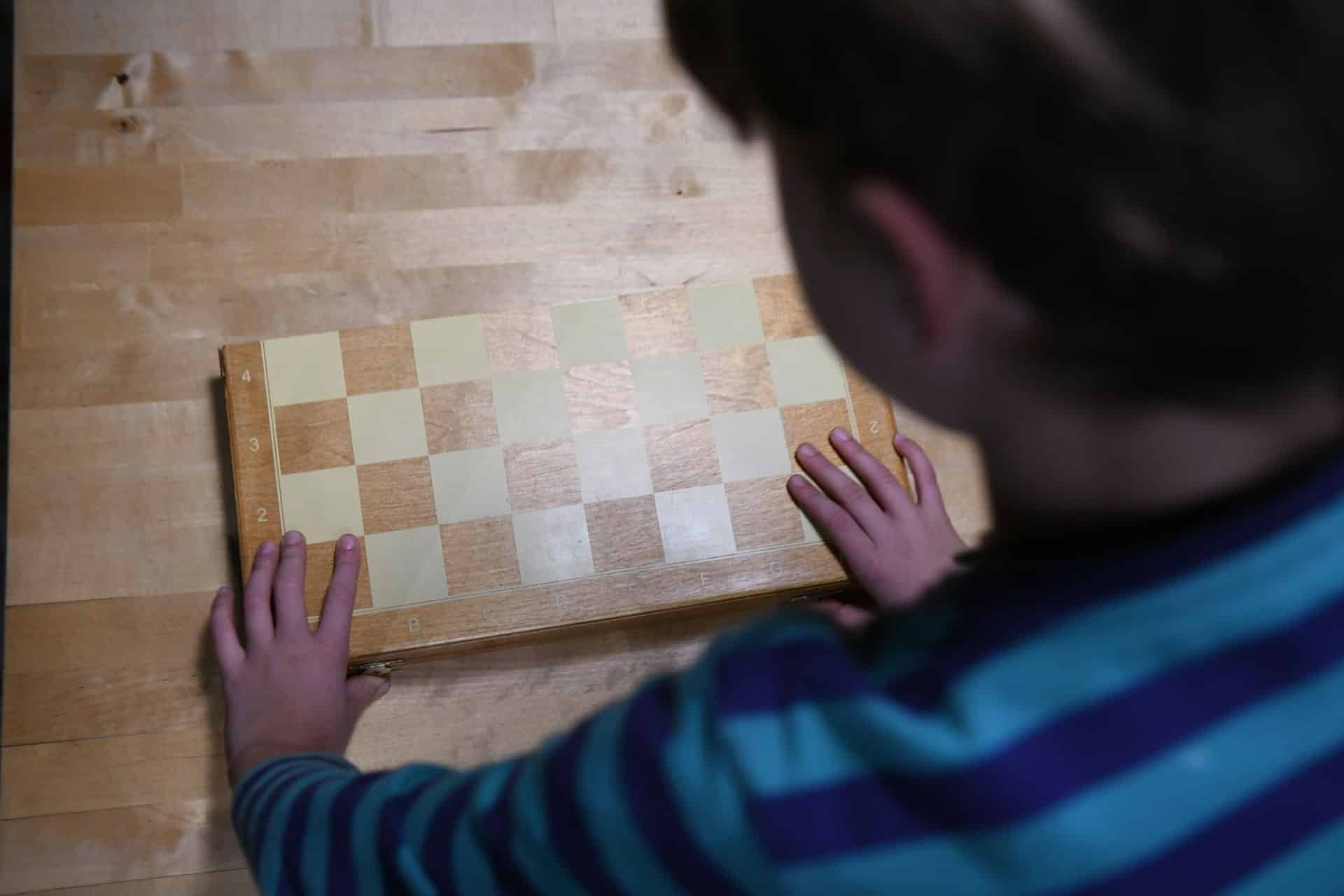Chess, a game known for its strategic depth and intellectual challenge, has long been associated with sharpening the mind. In the fast-paced world of college life, where students are juggling assignments, studying, and maintaining a balanced lifestyle, finding ways to boost cognitive abilities is crucial. Surprisingly, chess can be an effective tool in helping students succeed academically. This timeless game offers numerous benefits, from improving critical thinking skills to enhancing memory, all of which can translate into better performance in school.
With the challenges college presents, finding ways to stay ahead in your studies is essential. Students are always seeking methods to optimize their learning experiences. Incorporating chess into your routine might be the unexpected advantage you need. For students struggling to balance their workload, seeking help from a pay for research paper service like PaperWriter is a viable solution to lighten the academic burden and focus more on self-development, including brain-boosting activities like chess.
Table of Contents
How Chess Improves Cognitive Skills
Enhances Problem-Solving Abilities
One of the key skills chess develops is problem-solving. In a game of chess, each move requires careful analysis, forcing players to think critically about both immediate and long-term consequences. These problem-solving skills directly translate into handling academic assignments more efficiently. Whether it’s tackling complex homework problems or breaking down research tasks, the ability to assess and solve problems is invaluable to college students.
Strengthens Memory and Focus
Another significant benefit of chess is its impact on memory and focus. College students must absorb large amounts of information and stay focused during long study sessions. Chess helps train the brain to stay attentive for extended periods, which is particularly beneficial when preparing for exams. Additionally, remembering strategies and previous moves in chess enhances memory retention, making it easier for students to recall information during tests.
The Link Between Chess and Academic Performance
Boosts Analytical Thinking
Chess encourages players to analyze patterns and think several moves ahead. This analytical mindset is critical for success in many college courses, particularly in subjects like mathematics, science, and even literature. Students who regularly engage in chess tend to develop a more structured approach to analyzing complex academic problems, resulting in improved grades and a more efficient learning process.
Encourages Strategic Planning
Just like in chess, succeeding in college requires students to have a clear strategy. Whether it’s managing multiple assignments, balancing extracurricular activities, or preparing for exams, chess helps students practice long-term planning. By applying strategic thinking learned from chess to their academic schedule, students can stay organized, meet deadlines, and excel in their coursework.
Chess as a Tool for Stress Relief
Provides Mental Relaxation
College life can be stressful, with constant pressure from exams, homework, and extracurricular activities. Chess offers a productive outlet for mental relaxation. While it challenges the brain, it also provides a sense of satisfaction and enjoyment, helping students take a break from the more monotonous aspects of studying.
Improves Emotional Resilience
Playing chess also helps students build emotional resilience. Losing a game of chess can be frustrating, but it teaches players to recover, learn from mistakes, and continue improving. This resilience is valuable in college, where students often face academic challenges and setbacks. By developing the mental strength to bounce back from difficulties, students are better equipped to handle the pressures of school.
How to Incorporate Chess Into Your College Routine
Join a Chess Club or Online Community
One of the easiest ways to start incorporating chess into your routine is by joining a chess club at your school. Many colleges have chess clubs where students of all skill levels can participate and compete. If a local club isn’t an option, there are countless online communities and platforms where students can play chess at their convenience. These platforms often offer tutorials, helping beginners quickly grasp the game.
Schedule Chess Practice Around Studying
Chess can also be seamlessly integrated into a college student's study schedule. By scheduling short breaks for a quick game of chess between study sessions, students can refresh their minds while continuing to stimulate their cognitive skills. This approach helps prevent burnout and keeps the brain engaged during longer periods of learning.
Conclusion: Chess as an Academic Booster
In conclusion, chess offers a wide range of cognitive benefits that can significantly enhance your college success. From improving focus and memory to developing problem-solving and strategic thinking skills, chess is more than just a game – it’s a powerful tool for academic success. By incorporating chess into your daily routine, you can unlock your full learning potential and excel in your studies.
For students who feel overwhelmed with assignments and exams, buying research papers online can be a practical solution to maintain academic performance while still making time for activities like chess that promote cognitive development. Whether you’re new to chess or an experienced player, there’s no doubt that this ancient game can help you achieve greater success in your college career.





